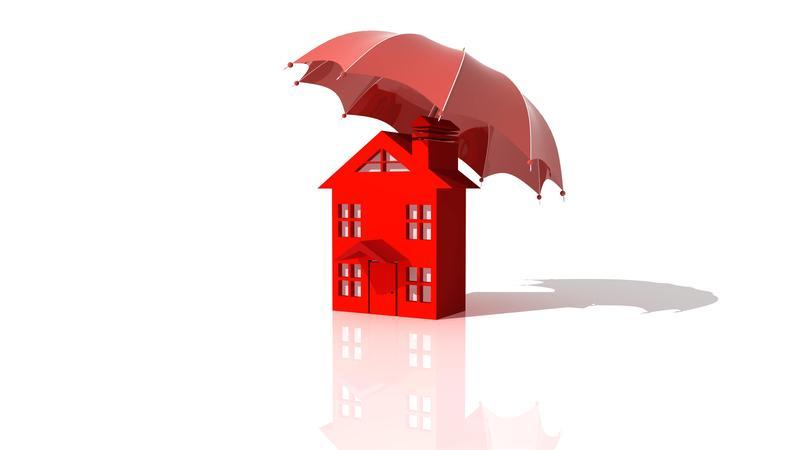Buying a new home is an incredibly exciting time, whether it is your first new home or a move to something different. A part of the buying process that most people don’t give much thought to is the home insurance. In the midst of all the other decisions and costs involved in a home purchase, it can slip through the cracks. But your home insurance is something you will need to pay for the duration of your stay in that home, and it protects your investment, so taking some time to make sure you are getting a good deal as well as a good policy is well worth the effort. How can you get a great deal on good home insurance? Take these important tips into consideration.
Shop Around for the Best Rate
Especially if it is your first home and you have never purchased home insurance before, you might not know a lot about it and take an insurance policy offered to you through your bank or mortgage company. That’s not always a bad thing, but bear in mind that they probably aren’t shopping your rate around and instead have a relationship with a specific insurance agent or broker to whom they send a lot of business.
To make sure you are getting the best rate, take the time to shop for your home insurance yourself. Get a number of quotes and compare them on several levels – not just the price. Look for the best coverage for your money; remember that the lowest rate isn’t always the best deal. If it’s much lower because the coverage is not as good, it’s not really a savings.
Understand your Coverage
When you take out a home loan you are required by the company to provide a certain level of coverage on your insurance policy; it is in the terms of your loan. This protects the mortgage company’s investment in your home. It’s important to know what coverage you really need and how it works in your favor.
Homeowner’s insurance rates are based in part on what is known as the replacement cost of your home. This is the amount of money that would be required to rebuild your home exactly as it stands right now if it were totally destroyed. Replacement cost is not related to market value; remember that there is no reason to pay for a policy based on how much you paid for your home. Market value is usually much higher because it includes the value of the land. Home insurance does not cover your land, since even if the house burns down you won’t lose the land it sits on.
Of course, your home insurance covers more than just your house. It also covers other structures on the property, everything inside your house, and includes liability coverage. Liability coverage protects you from financial responsibility in the event that someone is hurt on your property. It’s a standard part of your home insurance policy, but usually at a basic level. Liability coverage can protect you from a major financial disaster, so consider increasing this coverage if you can, it doesn’t usually cost much and can make a big difference.
Another thing to consider is the coverage for your personal property. It’s usually calculated as a percentage of your replacement value, but can be adjusted to meet your needs. You may be offered an actual cash value coverage for your property which is cheaper, but bear in mind it means you won’t get back replacement value on anything damaged or stolen, but instead a depreciated value. In the event of a claim, you are likely to find spending a little more on a replacement cost option was worth it.
Look for Discounts and Check Your Deductible
There are discounts available for home insurance just like for car insurance. The biggest one is usually the multi-policy discount. Just like the discount you can get on your car insurance for having more than one policy in the same place, you can also save on your home insurance by insuring your cars with the same company. This can be a big discount, so consider having the new home insurance company quote your auto as well, and also ask the company insuring your cars if you can get a home quote. Ask each company what other discounts they offer for which you might qualify; don’t leave it up to them to find you a lower rate.
The amount of your deductible can make a difference on your home insurance policy just like it can with auto insurance. Ask for quotes at higher deductibles to compare, but be sure you know any limitations your lender places on the amount of the deductible as they may have a maximum amount.
Choosing your home insurance policy is an important process; after all, it exists to protect your biggest investment. Take your time shopping around for good rates as well as good coverage, and you will sleep soundly under your new roof without worries.
